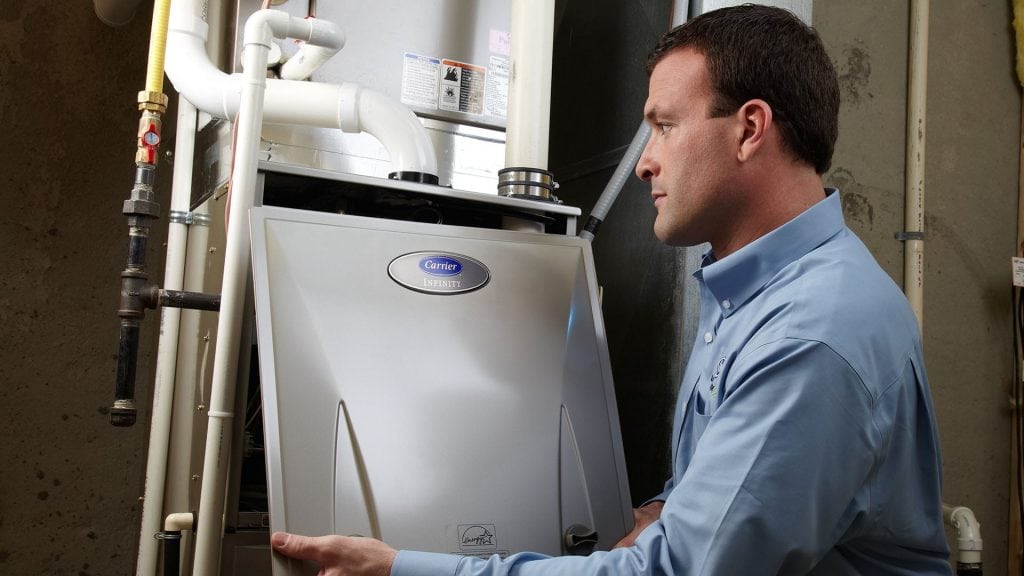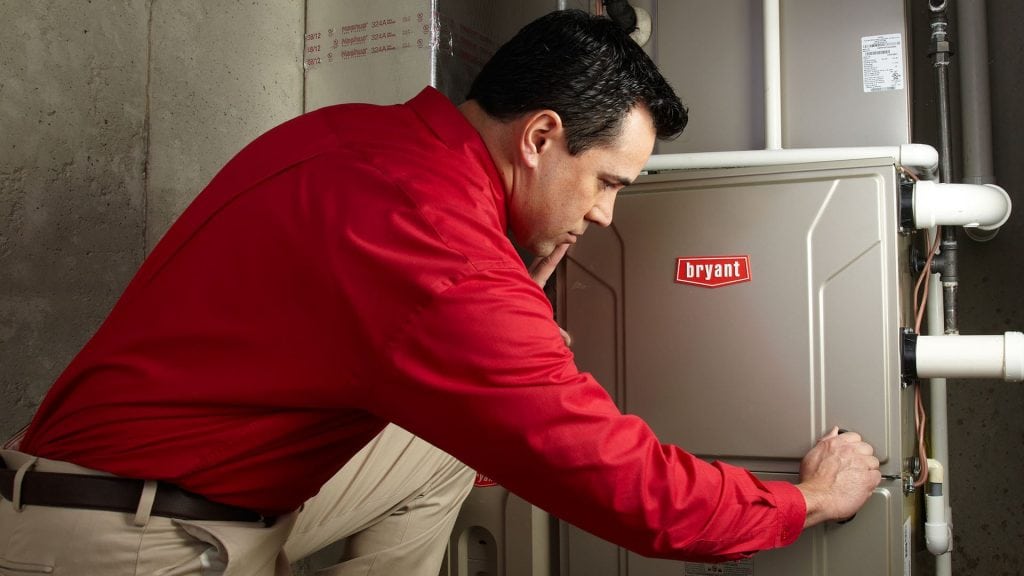Tips to Keep Your AC Compressor Running Efficiently

Tips to Keep Your AC Compressor Running Efficiently
How to Preserve Airflow and Prevent Damage While Landscaping
Referred to as the “heart of the system,” the AC compressor is expected to operate between 10 to 15 years with proper maintenance. The AC compressor’s job is to compress the refrigerant gas and pump it through the unit so it can remove heat and humidity from the air. AC compressors are durable and reliable, so if it breaks before it’s expected, there is usually an underlying cause for why it failed. Prevent your AC compressor from going out by:- Inspect the condenser coil:
There are several things, like dust, grime, and mineral scales, that build upon the condenser coil throughout the year. This buildup prevents the air conditioner from expelling enough heat from the unit, forcing it to run continuously to cool your home. The increased temperature and pressure cause your AC compressor to overheat and fail. A NATE-certified technician will properly clean your coils during HVAC service and make sure your AC compressor is performing without added pressure.
- Control Landscaping:
Different vegetation around your yard can interfere with the airflow around your outdoor unit. Trees, bushes, and shrubs get blown around during storms, resulting in debris accumulating on and around the exterior equipment. Anything that prevents adequate airflow around your unit forces the AC compressor to work harder, which can overheat and break down. Trim shrubs, trees, and bushes back, so there is at least 2 feet of space on every side of your outdoor unit.
- Refrigerant Problems:
Another reason the AC compressor can go out is due to low refrigerant in the unit. When refrigerant gets too low, the AC compressor works harder to deliver enough refrigerant through the unit to provide cool air to your home. The added strain on your AC compressor causes it to break down. A NATE-certified technician will inspect your refrigerant lines, identifying any cracks or holes that are present and replacing the line if necessary. If a technician isn’t properly trained, they might replace the refrigerant line with the wrong size, which causes your AC compressor to fail prematurely.
- Provide Extra Shade:
Your exterior unit is designed to withstand Mother Nature’s elements, but you can help it from breaking down with smart landscaping. Trees, shrubs, and trellis vines help block the sun during different times of the day. This allows your AC compressor to cool off even when it has to operate continuously during the hottest time of the day. If you plant trees that are deciduous, the leaves will remain full and lush during the spring and summer and then turn bare during the fall and winter. You will receive extra shading when the temperatures are through the roof but still gain heat from the sun when the temperatures drop outside. Deciduous trees will keep your AC compressor cool and warm throughout the year. Be sure yo plant them at least two feet away.
Improve the airflow around your exterior unit and landscape wisely to keep your AC compressor operating at its best. Without the AC compressor, your home won’t be cool, and you will pay a small fortune to have it replaced. Visit AC Southeast® to find an HVAC dealer who can schedule service on your outdoor unit and catch problems interfering with your AC compressor’s performance.


